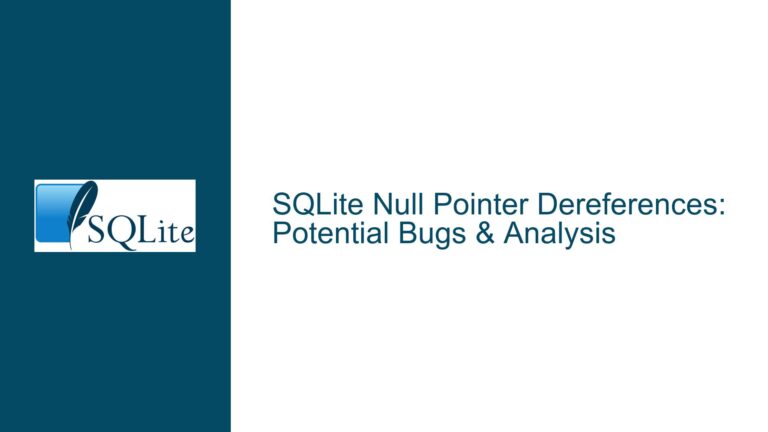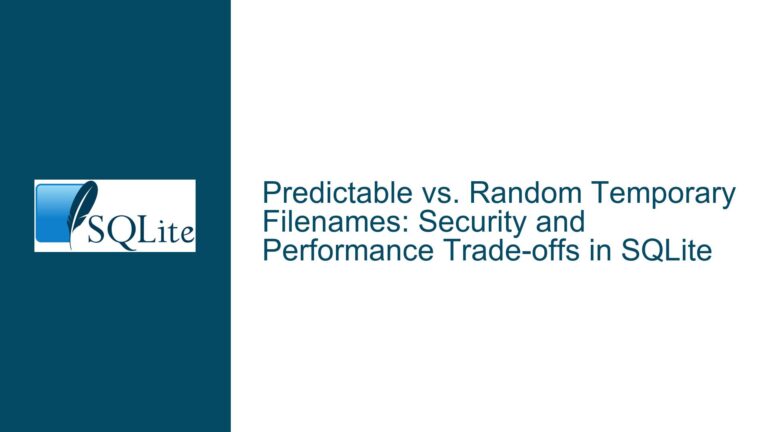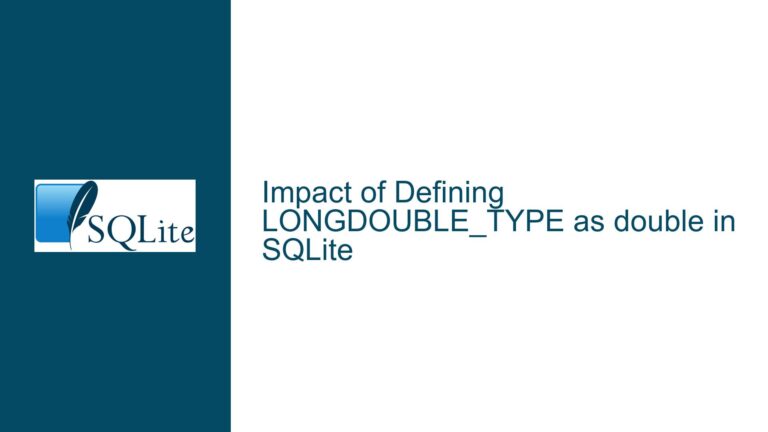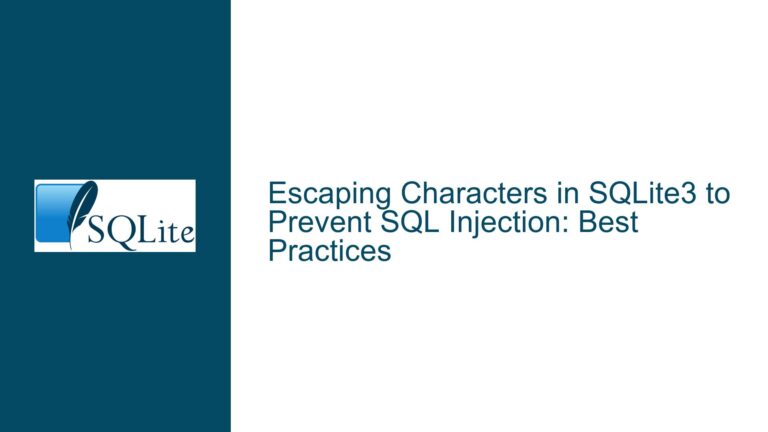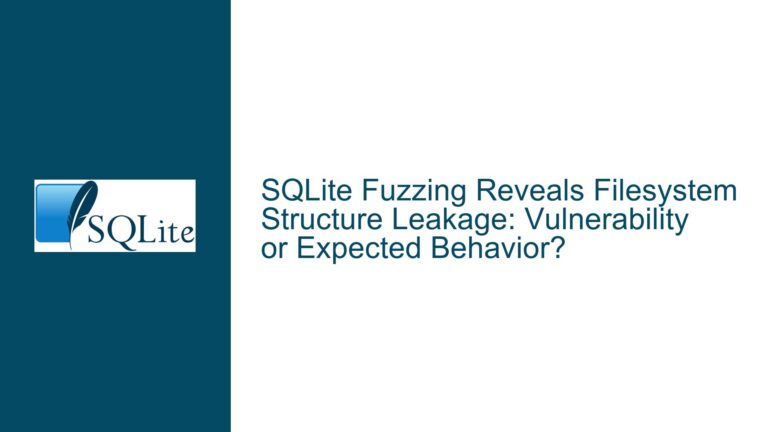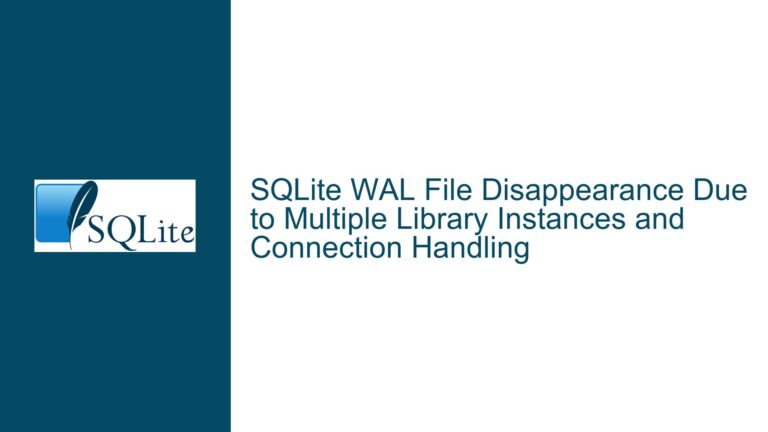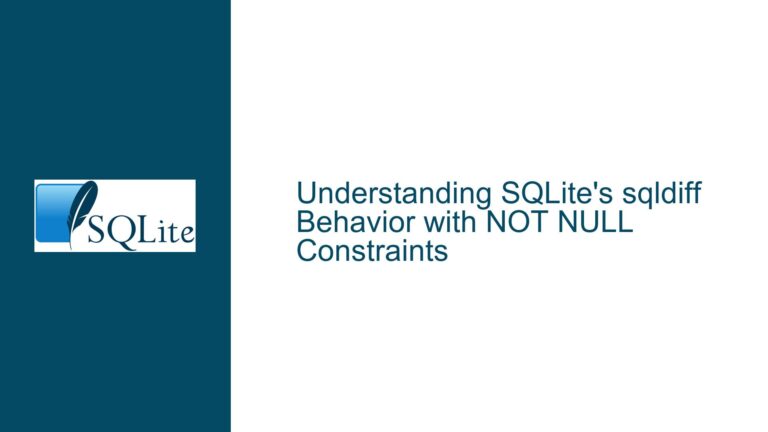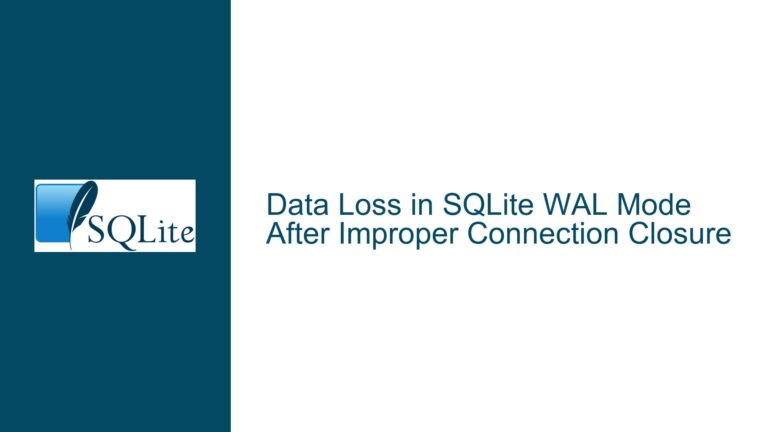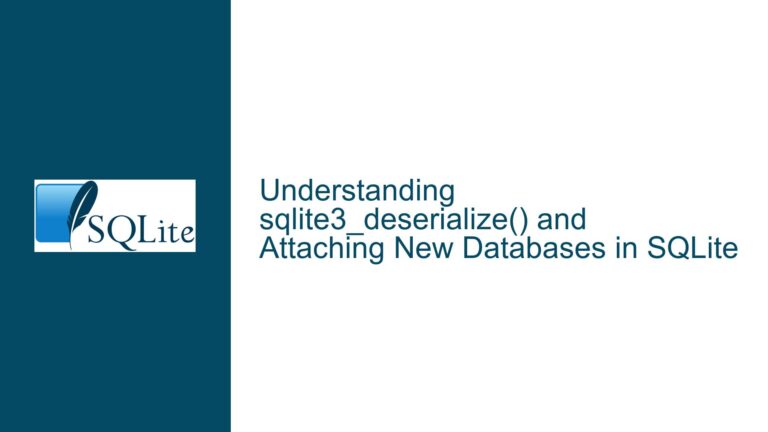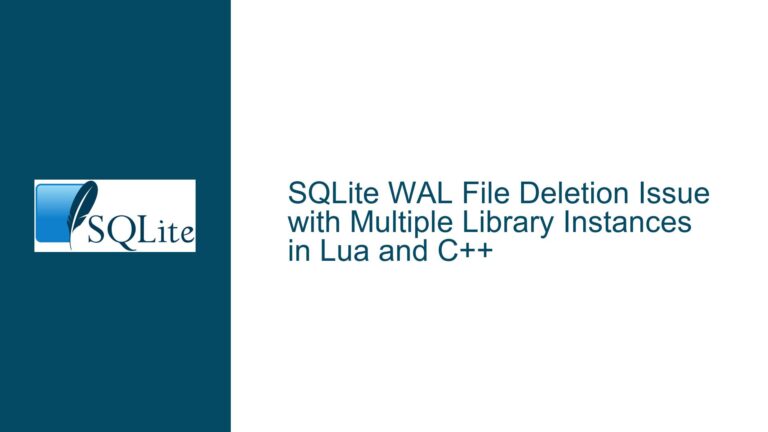SQLite Null Pointer Dereferences: Potential Bugs & Analysis
Understanding Null Pointer Dereference Vulnerabilities in SQLite Codebase Null pointer dereferences represent a critical class of software vulnerabilities where program execution attempts to access memory through a pointer that holds a null value. In SQLite’s architecture, these issues manifest when database operations fail to validate pointer integrity before accessing virtual table components, VDBE (Virtual Database…
